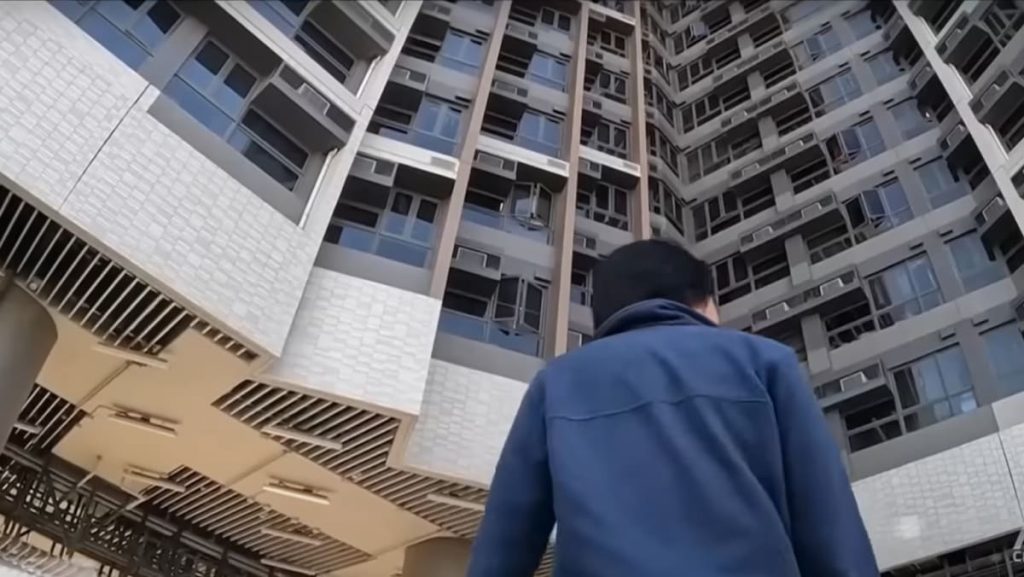In 2022, Chinese President Xi Jinping emphasized the importance of supporting young people in Hong Kong with housing, education, employment, and entrepreneurship in order for the city to thrive. This led to various initiatives being implemented, such as the creation of affordable and higher quality housing options for young people like Mr. Chan’s youth hostel located on the outskirts of the city. However, the issue of inadequate housing supply in Hong Kong has led many, including the youth, to resort to living in subdivided flats or cage homes. The average wait time for public housing in the city is 5.8 years, contributing to the living conditions of more than 214,000 people in cramped apartments.
One such individual affected by the housing situation in Hong Kong is 32-year-old Sophie Li, who found herself living in a subdivided flat due to the limited options available within her budget. With a monthly income of HK$20,000, Sophie caps her housing expenses at one-third of her income, paying around HK$5,300 per month for rent. Despite the relatively affordable rent, Sophie still has to consider additional costs such as water and electricity, which brings her total monthly expenses to about HK$5,500. Despite the challenging living conditions, Sophie is able to save a few thousand dollars each month by managing her finances effectively on her media industry salary.
Zerlina Zeng, head of East Asia corporates at financial research firm CreditSights, highlighted the ongoing issues faced by young residents in Hong Kong when it comes to affordable housing. Despite government efforts to increase land availability for both private and public housing, the reality remains that housing continues to remain out of reach for many young individuals in the city. The demand for housing significantly outweighs the supply, leading to a situation where individuals like Sophie find themselves living in small, subdivided flats due to limited options within their budget.
In response to the housing crisis in Hong Kong, various initiatives have been implemented to address the issue. Chinese President Xi Jinping’s call for supporting young people in the city has led to projects like Mr. Chan’s youth hostel, providing affordable housing options for the youth. Additionally, efforts have been made by Hong Kong authorities to increase the availability of land for both private and public homes in order to alleviate the housing shortage. Despite these initiatives, the high demand for housing in Hong Kong continues to pose challenges for young residents, pushing them to find alternative, albeit less ideal, housing options such as subdivided flats and cage homes due to the limited supply and high costs associated with traditional housing options.


